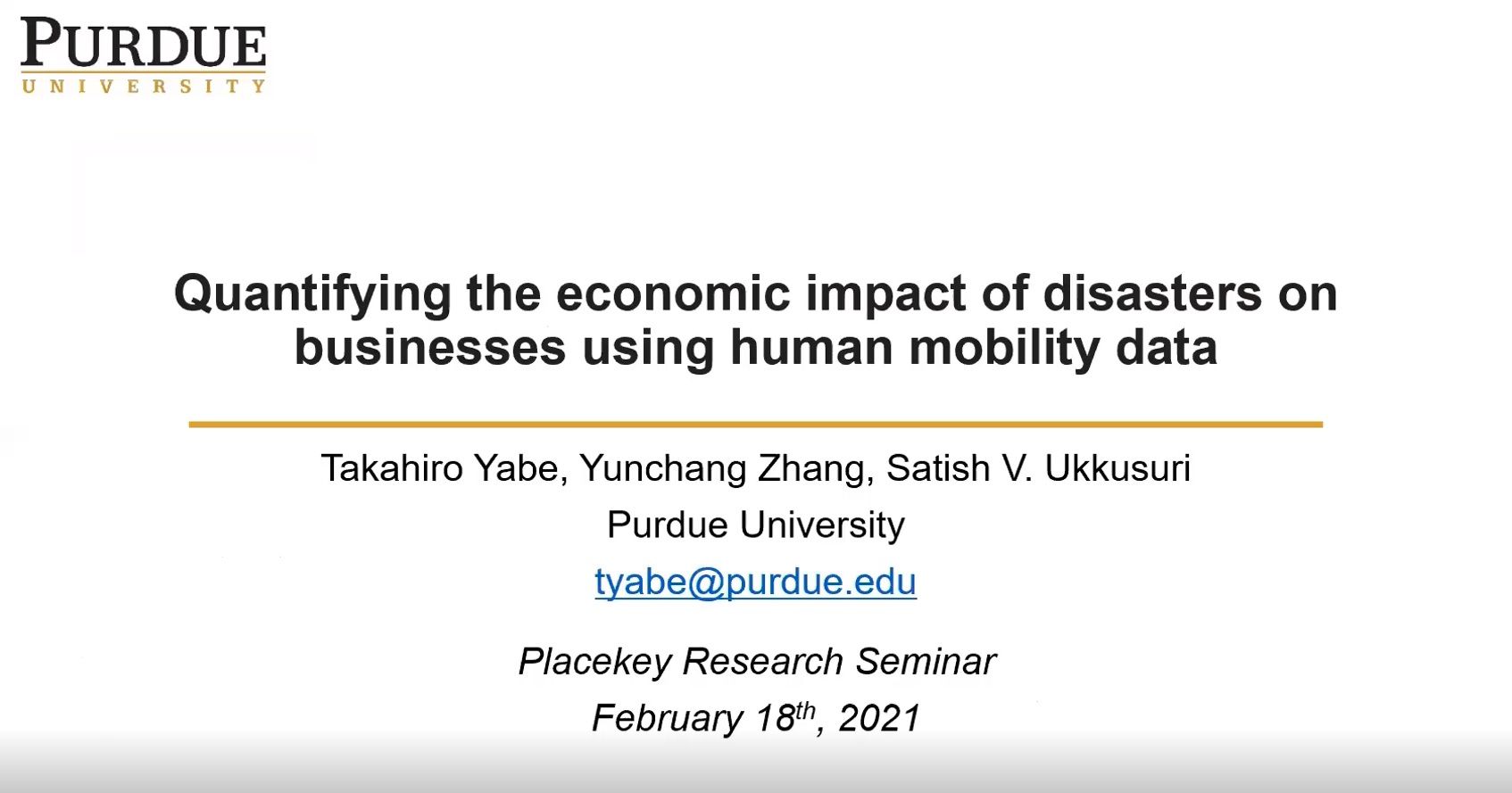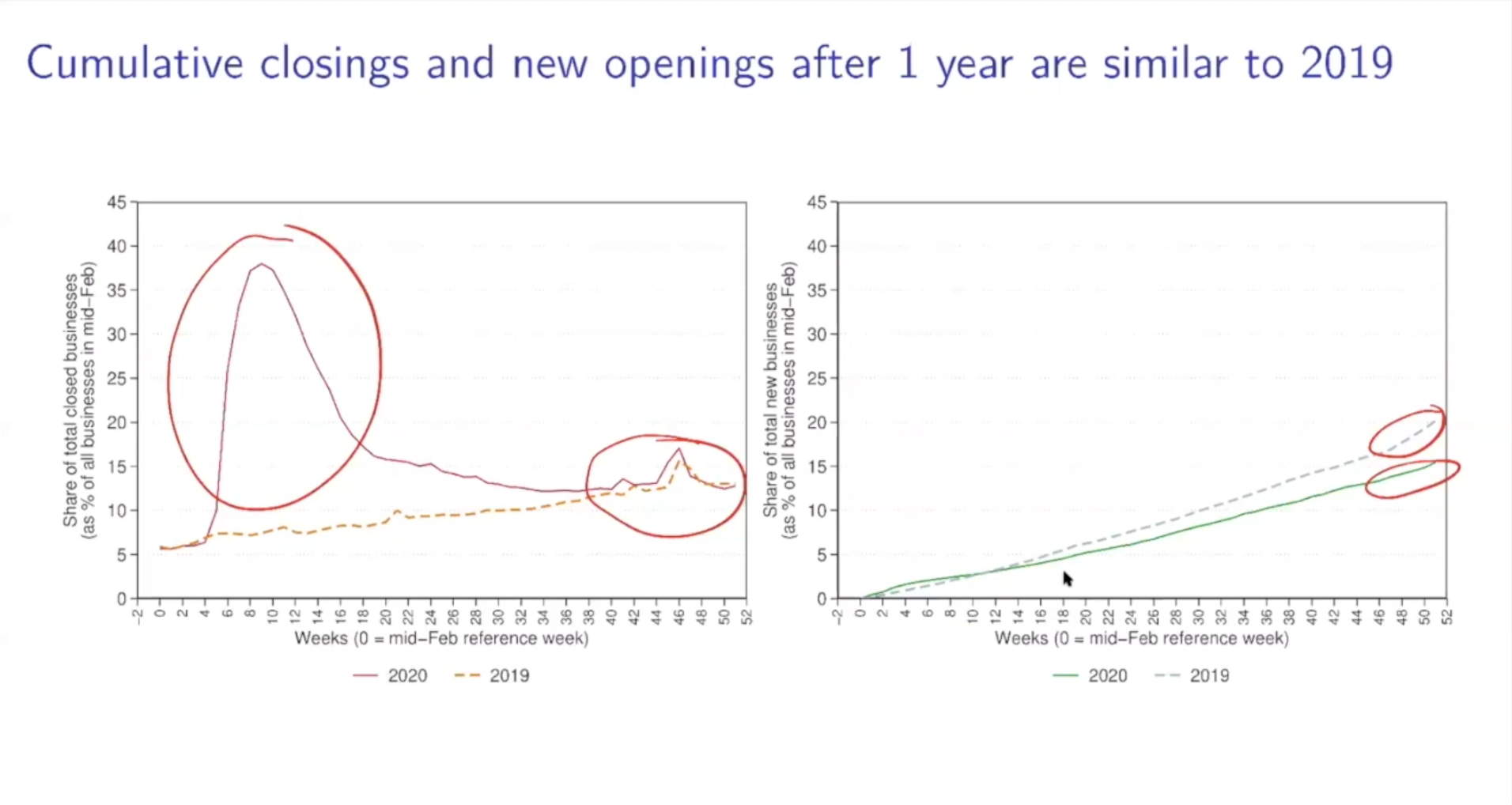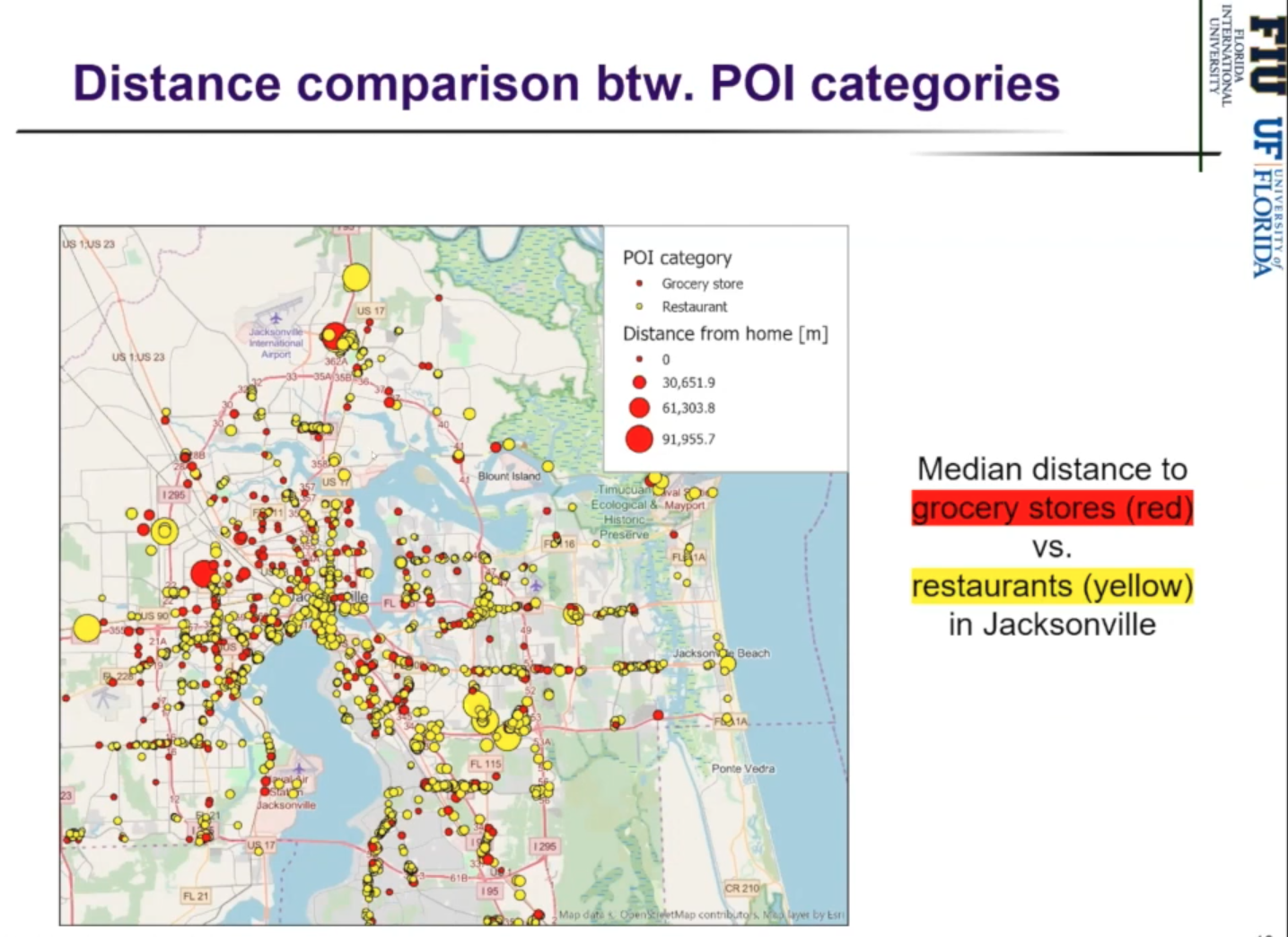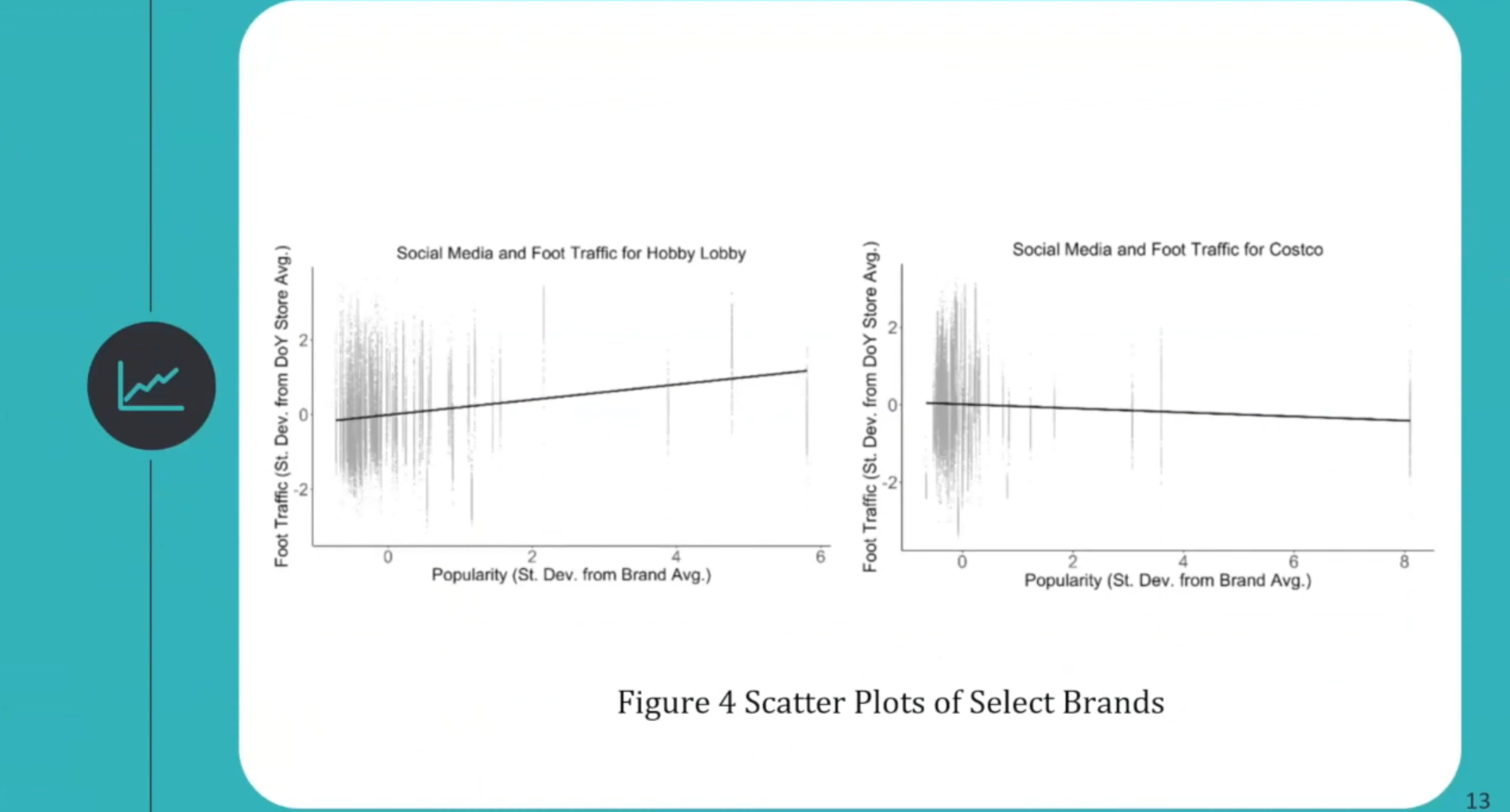Quantifying the economic impact of disasters on businesses using human mobility data: a Bayesian causal inference approach
In recent years, extreme shocks, such as natural disasters, are increasing in both frequency and intensity, causing significant economic loss to many cities around the world. Quantifying the economic cost of local businesses after extreme shocks is important for post-disaster assessment and pre-disaster planning. In this work, we use location data collected from mobile phones to estimate and analyze the causal impact of hurricanes on business performance. To quantify the causal impact of the disaster, we use a Bayesian structural time series model to predict the counterfactual performances of affected businesses (what if the disaster did not occur?), which may use performances of other businesses outside the disaster areas as covariates. The method is tested to quantify the resilience of 635 businesses across 9 categories in Puerto Rico after Hurricane Maria. Effects of business characteristics such as location and category on the long-term resilience of businesses are revealed. The study presents a novel and more efficient method to quantify business resilience, which could assist policy makers in disaster preparation and relief processes. The methods can be applied in quantifying recovery during the COVID-19 pandemic.




%20.png)

